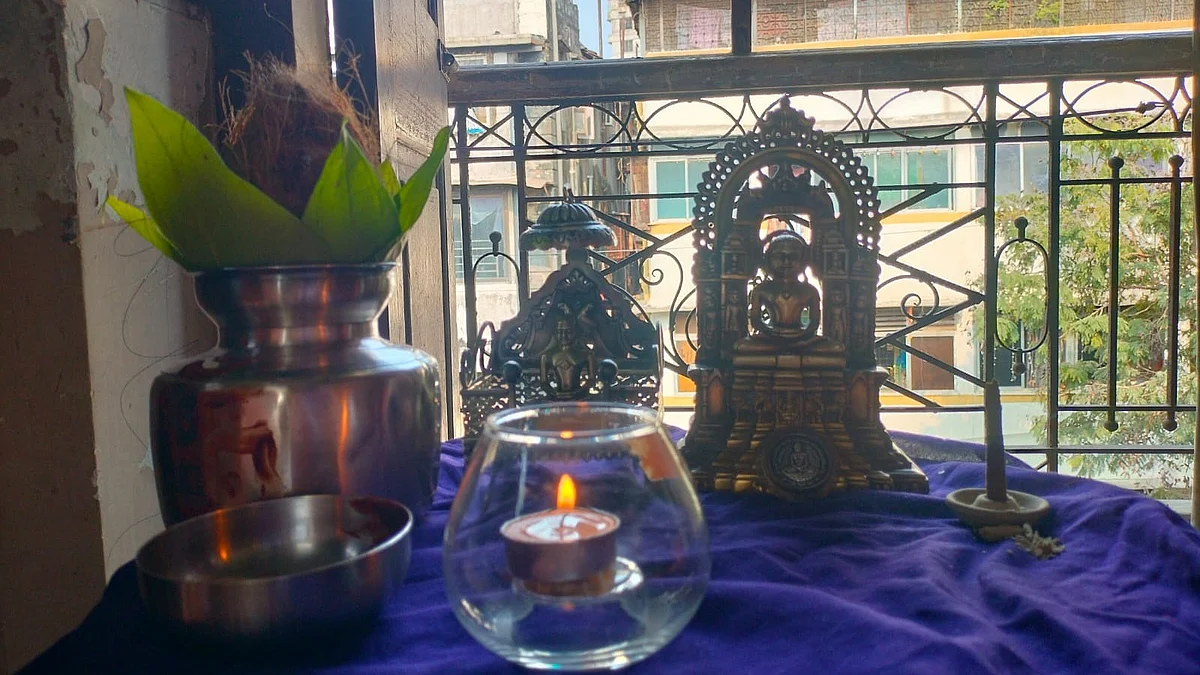For villagers staying in and around the coastal area of Uttan, life has turned into an unpleasant and irritating experience due to foul and nauseating stench emanating from the dump-yard and garbage processing plant located in Dhaavgi village.
Realising the uneasiness faced by villagers, Keshav Srushti in association with HDFC Life has drawn an elaborate plan to develop an urban forest with fragrant trees and aromatic plants to minimize the repulsive smell of waste and create a subtle fragrance of flowers. HDFC Life is funding the project as a part of its Corporate Social Responsibility (CSR) initiative.
The plantation site which acts as a buffer zone around the dumping yard was inaugurated on the occasion of World Environment Day in the presence of senior vice president of HDFC Life- Subrato Rai and Hemant Mhatre from Keshav Srushti on Saturday.
Notably, the urban forest is being created through Miyawaki-a unique forestation technique based on the work of Japanese botanist Akira Miyawaki. Around 4155 saplings of various species including aromatic plants including - Mogra (Jasminum Sambac), Raat Rani ( Night Blooming Jasmine), Madhu Malti (Creeper Flowers), Madan Mogra (Arabian Jasmine), Parijat ( Night Jasmine) and Bakul (Mimusops Elengi) through the Miyawaki method which has the biggest advantage of fast growing trees on small plots of land and turning them into tiny but more bio-diverse and dense forests.
The plantations will be maintained and nurtured until they grow up and the land takes the shape of a tiny but dense forest. However, local villagers are not impressed with the project. “Are we supposed to suffer till the forest takes shape, instead we have been fighting a battle with the local civic administration to put a permanent end to the menace by shifting the yard to some other place.” said local municipal corporator- Sharmila Bagaji.
“Work was on to dispose of 2 lakh cubic meter of accumulated garbage in the first phase using the bio-mining process which envisages an efficient zero-emission mechanism,” said deputy civic chief- Ravi Pawar.
Apart from 8 to 10 tonnes of industrial and bio medical waste, the twin-city generates around 550 metric tonnes of garbage every day. Moreover a huge quantity of unprocessed waste has also accumulated over the past eight years at the uphill of the dumping yard which emanates unbearable stench leading to medical ailments.











